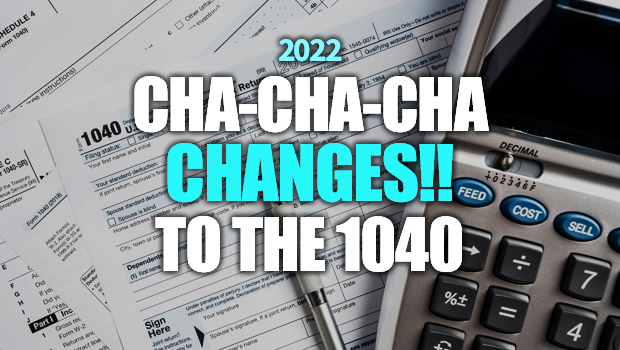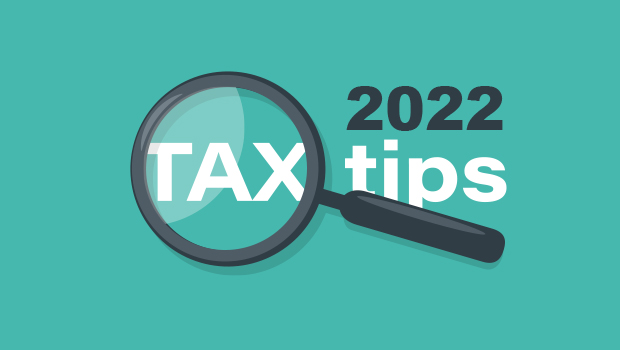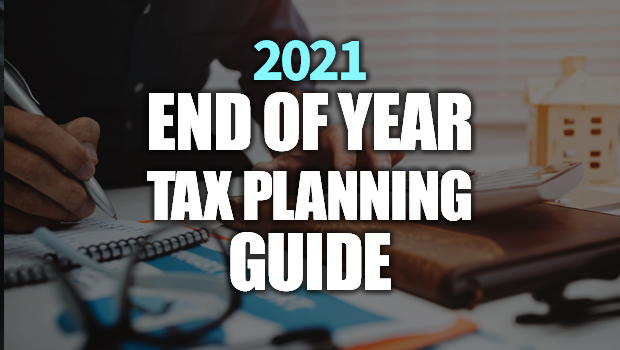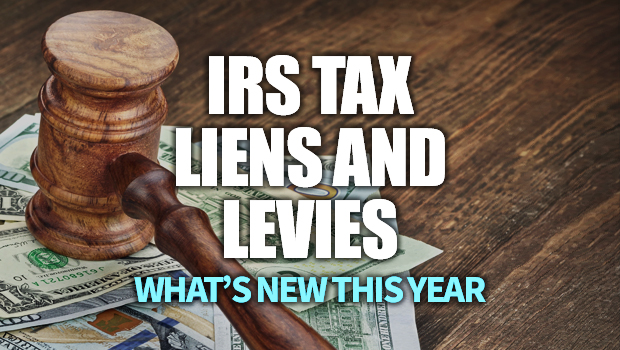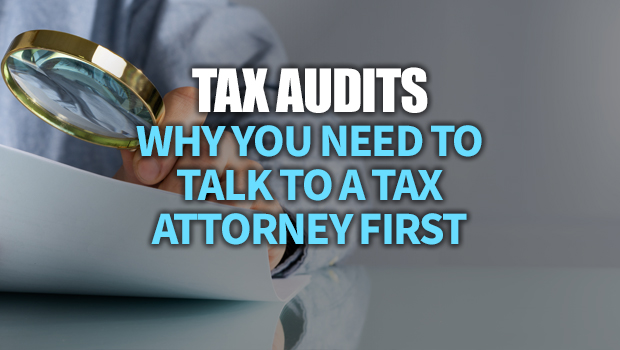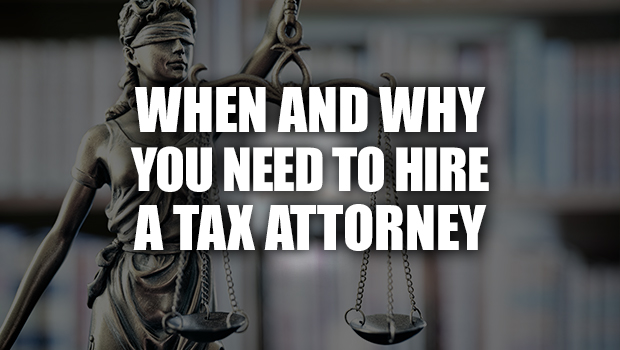Form 1040 is the standard IRS form when it comes to filing federal income taxes as an individual. Over the years, Form 1040 has been modified to reflect changes in tax law and IRS practice. In some years, Form 1040 saw more changes than other years. The changes from the 2020 Form 1040 to the 2021 Form 1040 aren’t major, but there are still plenty of updates. Let’s take a look at three of the more notable changes for the upcoming tax filing season.
Continue reading “2022 Cha-ch-cha Changes to the 1040! How This Impacts You”